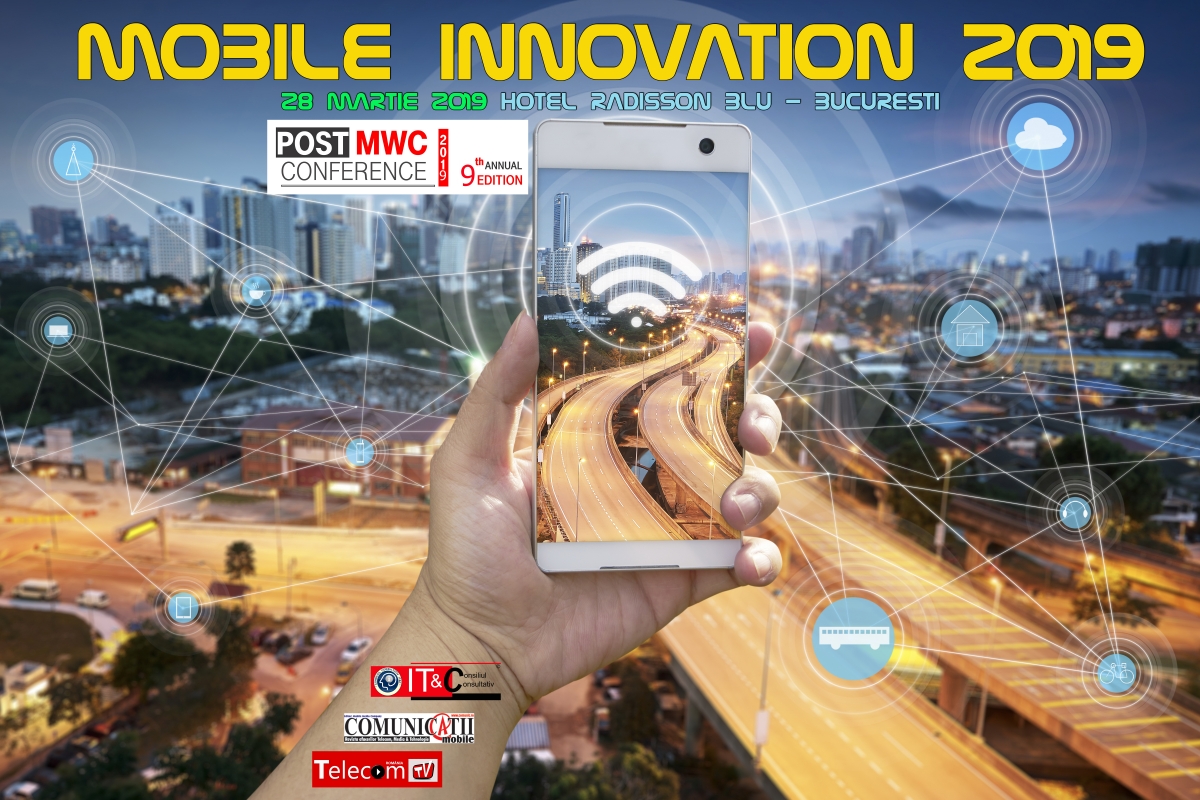In March last year, the European Commission issued the Communication 'žThe Introduction of Third Generation Mobile Communications in the European Union: State of Play and the Way Forward.'
One year later, and following the request of the Barcelona European Council, the Commission has produced an analysis of the situation of 3G today. I will focus today on the new developments that have taken place since last year and on the future:
1. The technology works and there are encouraging signs of demand for mobile data based services;
2. A new regulatory framework has been agreed at EU level. The focus is now on how this will be applied in practice. It is important that new 3G services are not subject to unnecessary regulation.
3. The issue of secondary trading of spectrum has become an issue and is now on the agenda for discussion;
4. The attention has shifted from technology to services and applications. Requests have been made by industry and others to ensure that future 3G networks are open. In addition, there is new focus on the fact that Governments can stimulate 3G demand by eGovernment applications and services; and
5. There is growing attention to obstacles to the roll-out of 3G networks such as environmental and local planning issues and health concerns.
The present Communication addresses these points. It gives an overview of the 3G situation, it identifies the current and future challenges and it provides options to support the roll-out of 3G as a market reality.
I will concentrate on the issues, where the public sector notably the Commission has a role in facilitating the roll-out of 3G.
Technology and market potential
The technology is essentially available and it works. Presentations and demonstrations at both CeBIT in Hanover and at the GSM Summit in Cannes have shown that the 3G technology is mature. Network equipment is being deployed. Equipment providers have already made announcements of the timing of the availability of handsets for the European market. These will support GSM as well as 3 G and will have multifunction design. In addition, there are signs of a growing market potential for mobile multimedia and data services. There is a steep progress in the use of 'žSMS', in Japan some commercial services are already running and there are trials in Europe. I-mode is being introduced in Europe and GPRS based offers are starting to appear. These are all encouraging signs. Now it is up to the market players to find out what the viable business models will be between telecom operators and independent content providers.
Regulation
The public sector has the responsibility to provide the best possible regulatory environment that will promote the roll-out of 3G services based on efficient competition. There have been concerns expressed by the industry that the new Telecom package could lead to additional regulatory requirements on 3G service markets. However, as most future 3G service markets can be characterised as 'žemerging markets' under the new Telecom package, they will not be subject to so-called 'žex-ante' regulation. An open 3G service environment enriched by eGovernment applications and services It is important for the success of future 3G that the service environment is open. This is important to both industry (equipment and content) and consumers because open and interoperable standards in this field make it easier to create new and viable applications and services and ultimately give consumers more choice. This requires dedicated efforts on standardisation and efforts on providing open and inter-operable interfaces. The Commission will support the evolution of the value chain surrounding 3G towards an open and competitive environment for services. Another area where the public sector has an important role to play to drive demand for 3G services forward is in eGovernment. Through the development of new interactive eGovernment content and applications demand for such services will be boosted. This also holds for areas such as mobile or eLearning and eHealth. These are all important parts of the Commission'™s recent eEurope 2005 Action Plan that sets concrete targets in this respect for the Member States.
Secondary trading
There has been some discussion about secondary trading connection with the valuation of spectrum. Being able to transfer spectrum rights could have the potential of achieving a better efficiency of spectrum usage and provide more liquidity in radio spectrum investments. The possibility to provide for secondary spectrum trading in future licences is foreseen in the new electronic communications package.
However, if Member States want to introduce secondary spectrum trading, the Commission favours a harmonised introduction thereof. Today we are launching a dialogue with Member States and market players on this issue. When the new electronic communications package has been transposed in July 2003 it will provide for a stable and conducive regulatory environment. But already today, we are putting key groups and committees in place which are the mechanisms for better co-ordination of Member States'™ spectrum policies and application of EU rules. This will provide a single market for European wireless services to the benefit of both industry and consumers alike. I want to emphasise that Member States initially decided on licence conditions themselves. The conditions of the current 3G licences have therefore been set by the Member States and only the Member States can change these conditions.
Conclusion
Since last year, 3G appears now to be on track despite certain difficulties. There are no 'žeasy fixes' in response to current challenges and the industry is doing its part to tackle them. However, the governments have a key role in facilitating the roll-out of 3G notably in ensuring that the current and future regulatory environment is supportive of the new 3G services including ensuring that emerging 3G services are not burdened with inappropriate rules. The increase of the value of 3G services may also be stimulated by the public sector promoting that the service environment is fully open and inter-operable. Governments may boost demand through new eGovernment services. And finally, environmental, local planning and health concerns should be addressed through better dialogue and greater harmonisation. I believe that 3G has reached a sufficient degree of momentum to overcome the present difficulties and with the actions that we can take to facilitate its roll-out I am confident that 3G soon will emerge as one of the important building blocks of Europe'™s inclusive information society.





